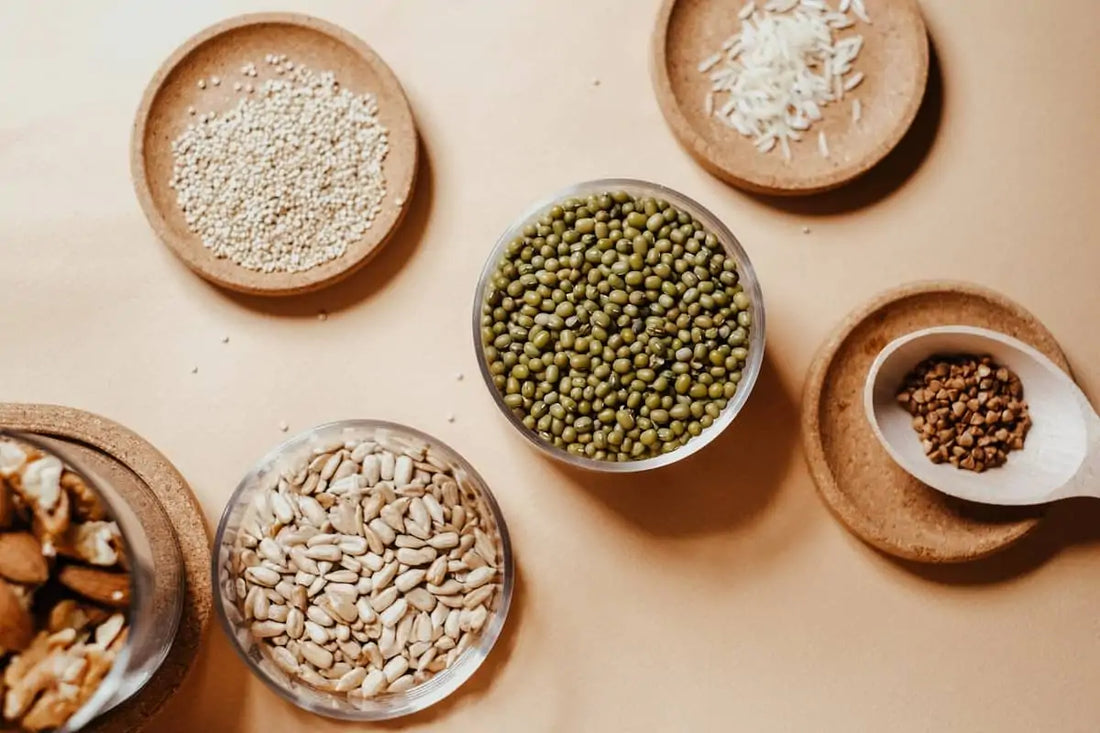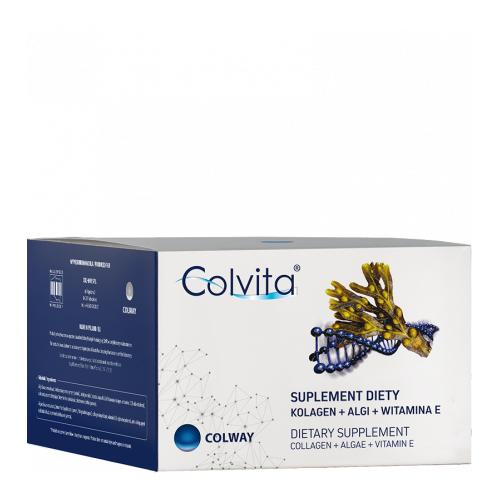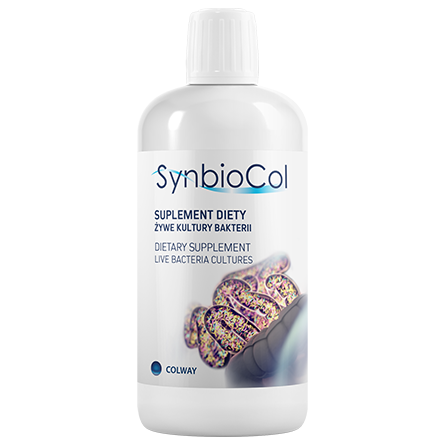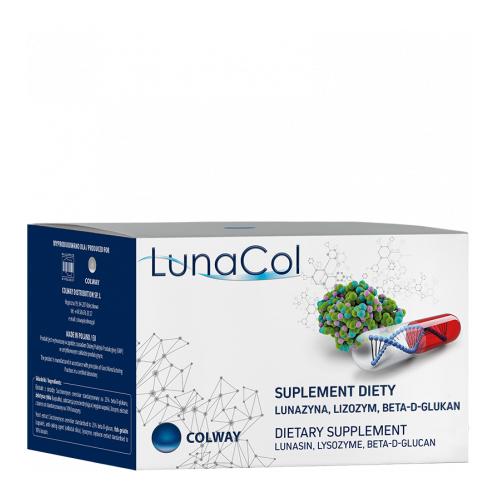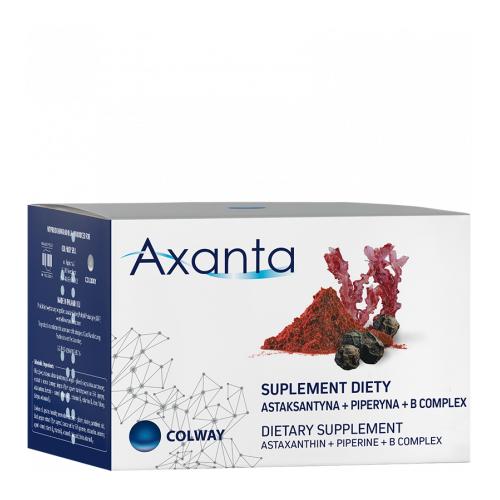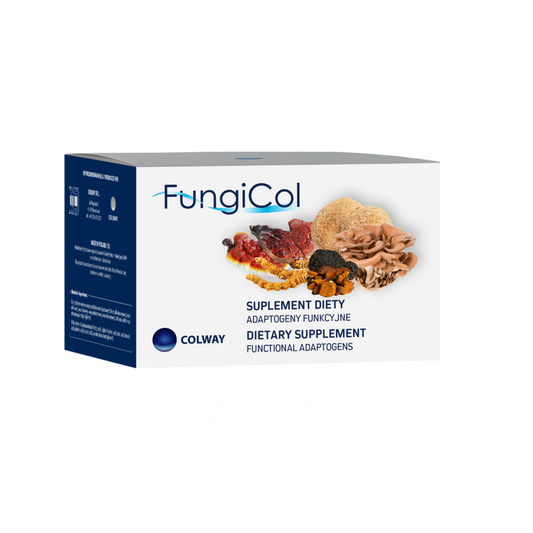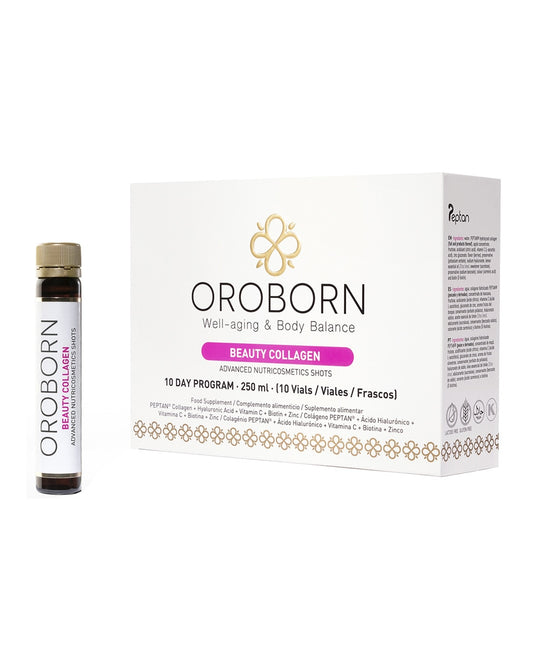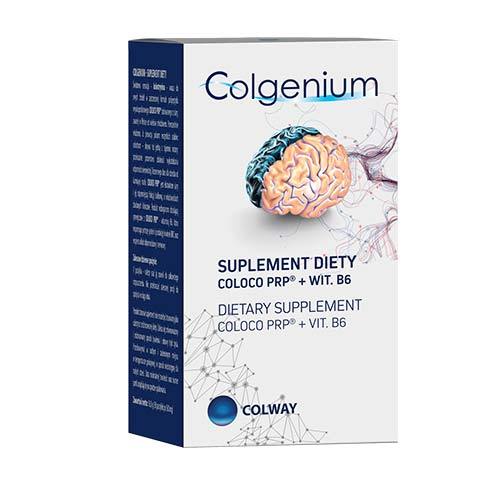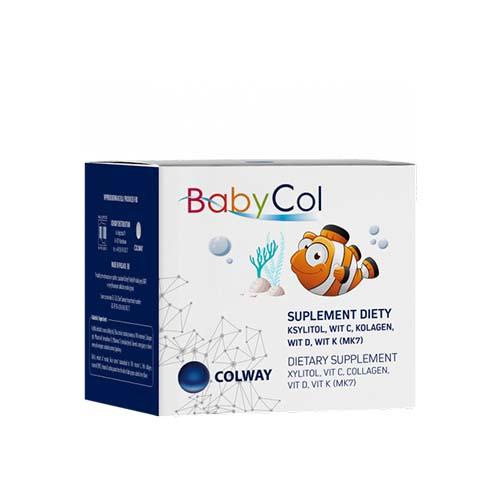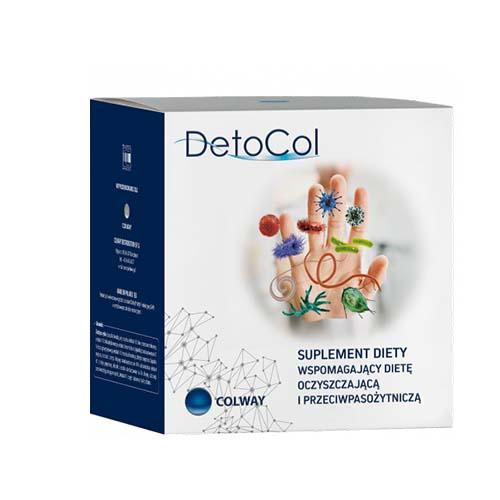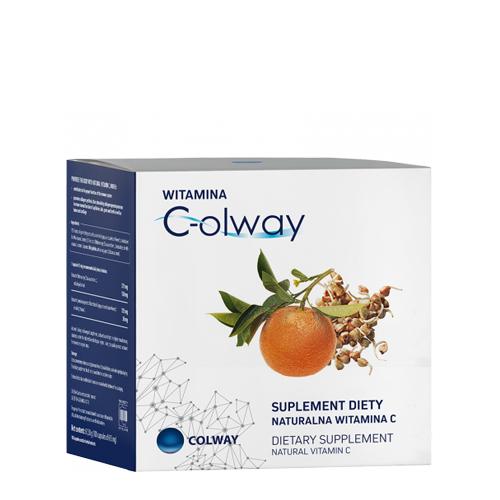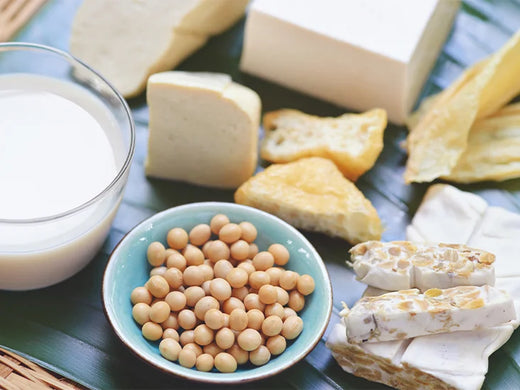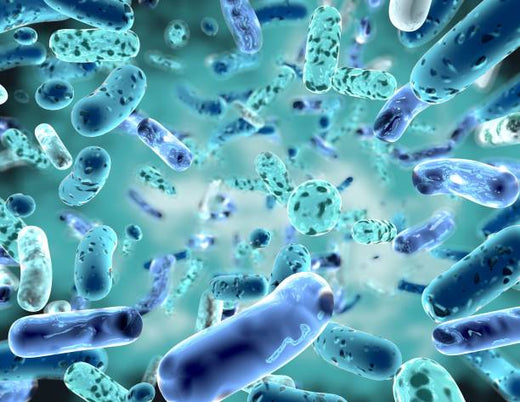1. Introduction
In recent years, awareness of the importance of eating a healthy and balanced diet has grown. Within this framework, β-glucans have gained special relevance due to their role in disease prevention and health promotion. In this article, we will analyze what β-glucans are, their benefits, and how we can incorporate them into our daily diet.
2. What are β-glucans?
β-glucans are polysaccharides made up of sugars linked together, which are found naturally in the cell wall of certain microorganisms, cereals and fungi.
2.1. chemical structure
The chemical structure of β-glucans varies depending on the source from which they come. The 1,3-1,6D β-glucans, for example, are particularly valuable for healthy nutrition and are found in certain fungi and yeasts.
2.2. Natural sources
The main natural sources of β-glucans are oats, barley, certain mushrooms (such as shiitake and maitake), and yeasts (such as Saccharomyces cerevisiae).
3. Importance of dietary fiber
Dietary fiber is an essential component of a healthy diet, as it contributes to the proper functioning of the digestive system and prevents digestion-related diseases.
3.1. Health benefits
Dietary fiber is known for its multiple health benefits, such as improving intestinal transit, preventing constipation, and lowering cholesterol and blood sugar levels.
3.2. Consumption recommendations
According to the World Health Organization (WHO), a daily consumption of at least 25 g of dietary fiber is recommended for adults. This amount can be obtained through a diet rich in fruits, vegetables, whole grains and legumes.
4. Healthy properties of β-glucans
β-glucans are recognized for their healthy properties and their ability to prevent and improve different health conditions.
4.1. Prevention of cardiovascular diseases
β-glucans contribute to the reduction of total cholesterol and LDL ("bad") cholesterol, reducing the risk of cardiovascular diseases.
4.2. blood sugar control
β-glucans can help control blood sugar levels by slowing down the absorption of carbohydrates and preventing sudden glucose spikes.
4.3. Immune system enhancement
1,3-1,6D β-glucans stimulate the activity of the immune system and strengthen the body's natural defenses, making it more resistant to infections and diseases.
4.4. Weight loss and appetite control
Due to their ability to increase feelings of satiety, β-glucans may be helpful in weight loss and appetite control.
5. LunaCol and β-glucans 1,3-1,6D
LunaCol is a food supplement that uses 1,3-1,6D β-glucans as the main ingredient, providing valuable health benefits.
5.1. Composition of LunaCol
LunaCol contains no additives or fillers in capsules. Instead, it uses 1,3-1,6D β-glucans, a pure and potent source of these polysaccharides.
5.2. Advantages of LunaCol
LunaCol is an easy supplement to incorporate into our daily diet, which allows us to take full advantage of the benefits of β-glucans for health.
6. Incorporate β-glucans in the daily diet
To incorporate β-glucans into our diet, we can eat foods rich in these polysaccharides, such as oats, barley, mushrooms and yeasts, or use supplements such as LunaCol.
7. Conclusions
β-glucans are important compounds in dietary fiber and provide numerous health benefits. Consuming them regularly can help prevent disease and promote a healthy lifestyle. LunaCol is a practical and effective option to supplement our diet with 1,3-1,6D β-glucans.
8. Frequently asked questions
- What is the recommended amount of β-glucans to consume daily? There is no specific recommended amount for β-glucans, but it is advised to consume at least 25 g of dietary fiber per day, including foods rich in these polysaccharides.
- What foods are rich in β-glucans? Oats, barley, certain mushrooms (such as shiitake and maitake), and yeasts (such as Saccharomyces cerevisiae) are natural sources of β-glucans.
- Are there side effects or contraindications when consuming β-glucans? The consumption of β-glucans is generally safe for most people. However, some people may experience gastrointestinal discomfort, such as gas or bloating, especially when first starting to consume them. If in doubt or if you are under medical treatment, consult a health professional before taking β-glucan supplements.
- What is the difference between 1,3-1,6D β-glucans and other types of β-glucans? The chemical structure of β-glucans varies depending on the source from which they come. 1,3-1,6D β-glucans, found in certain fungi and yeasts, are particularly valuable for healthy nutrition due to their ability to boost the immune system and provide other health benefits.
- Can I get enough β-glucans through my diet alone? It is possible to obtain an adequate amount of β-glucans through a diet rich in foods that contain them, such as oats, barley, mushrooms and yeasts. However, supplements like LunaCol can be a convenient way to ensure adequate and consistent intake of β-glucans, especially for those who do not regularly consume these foods.



















































































































